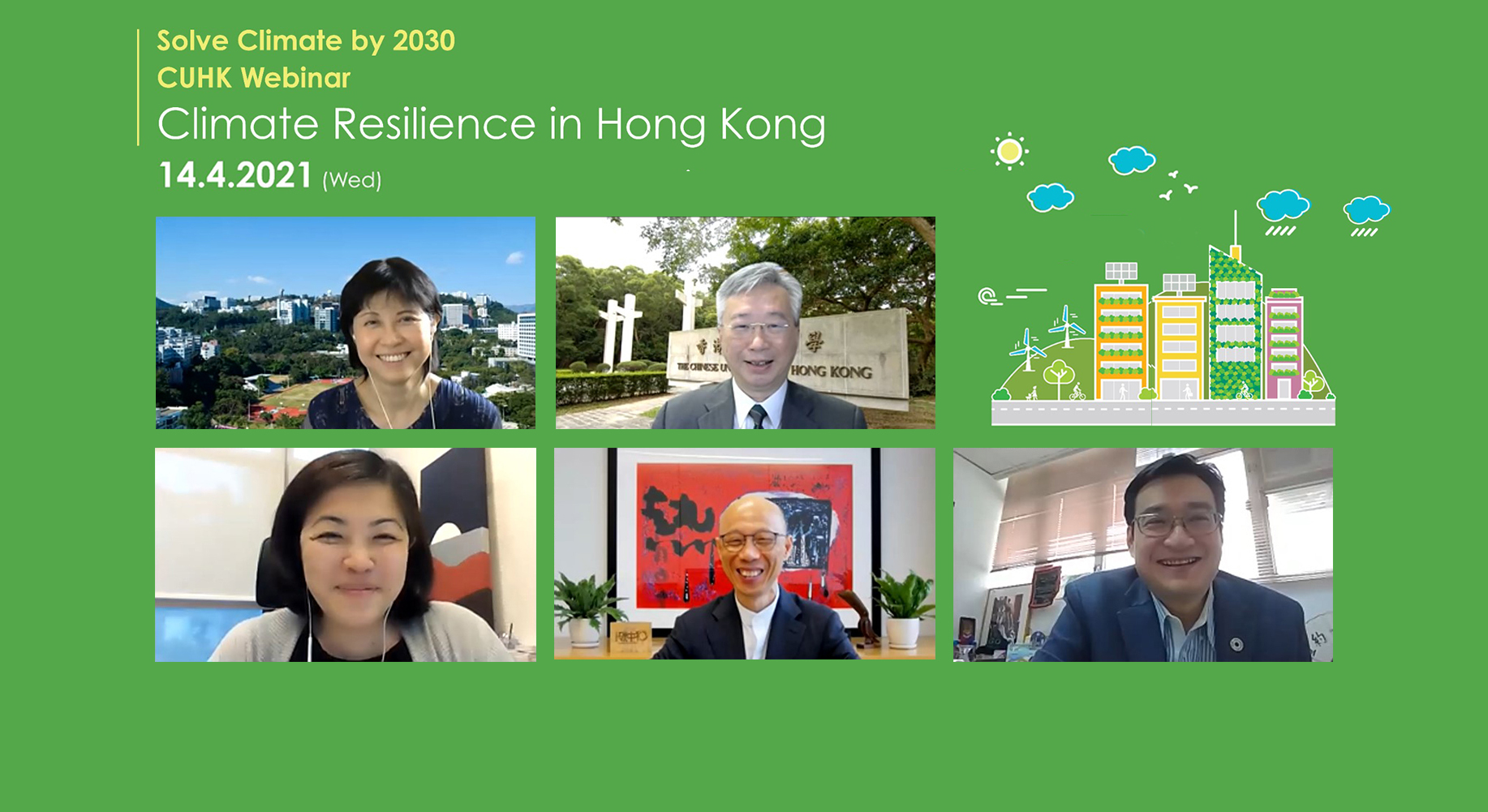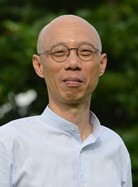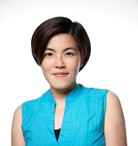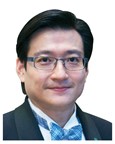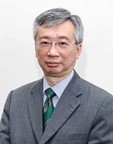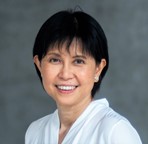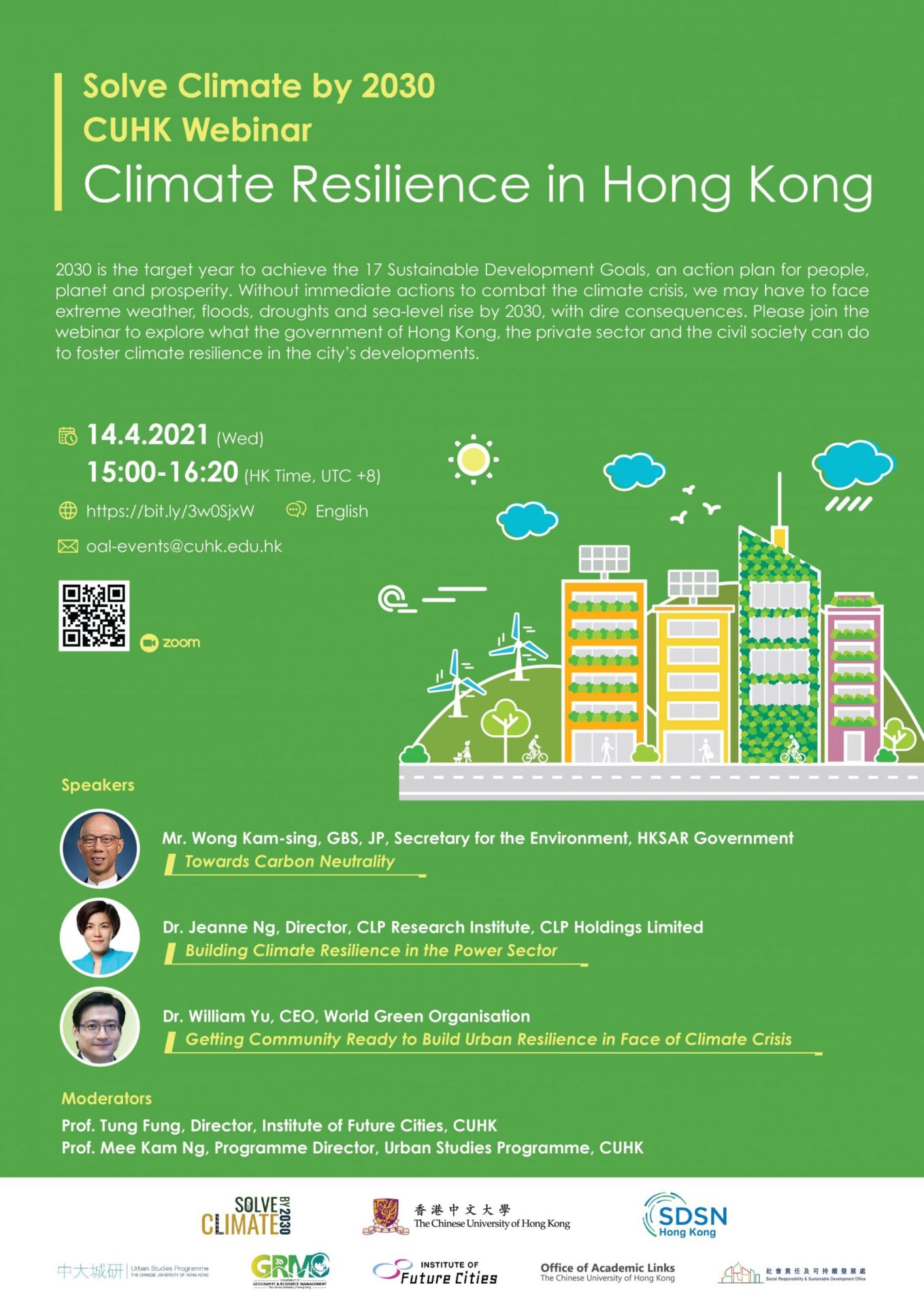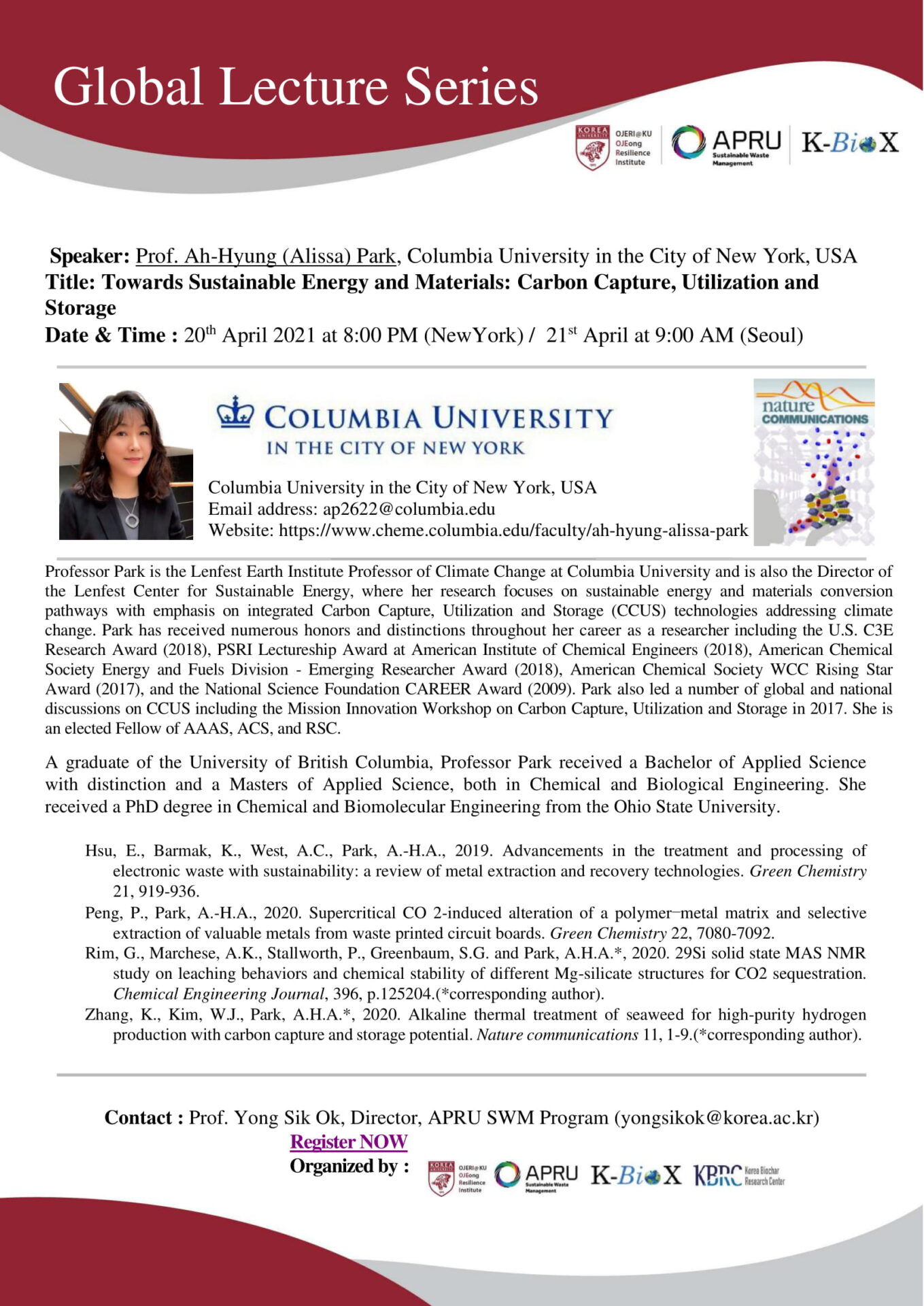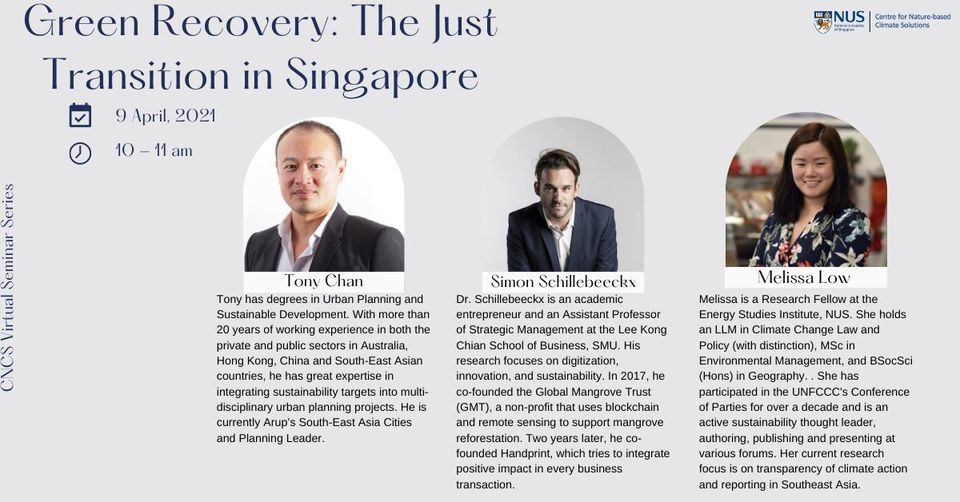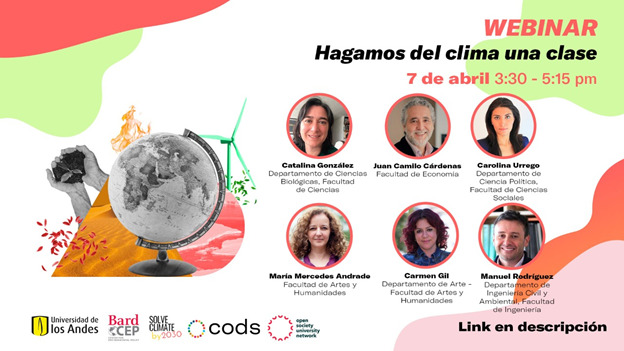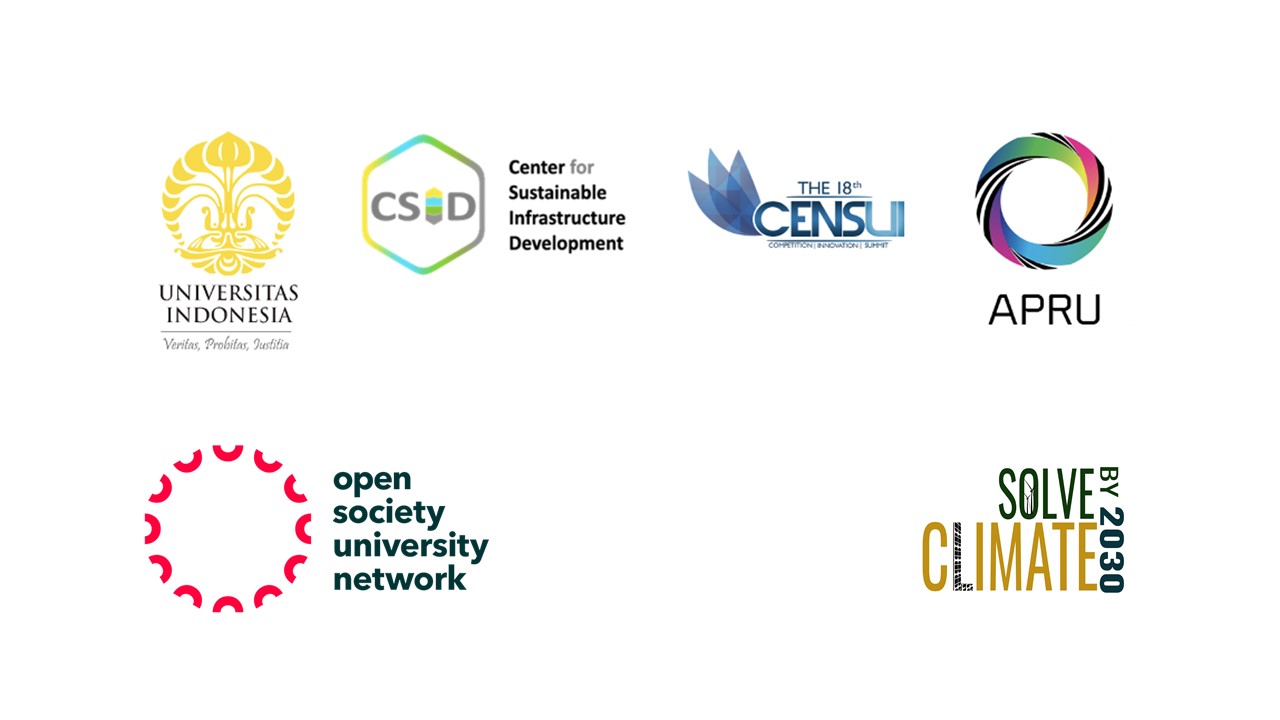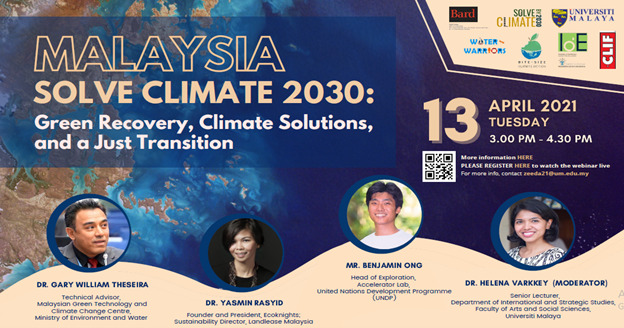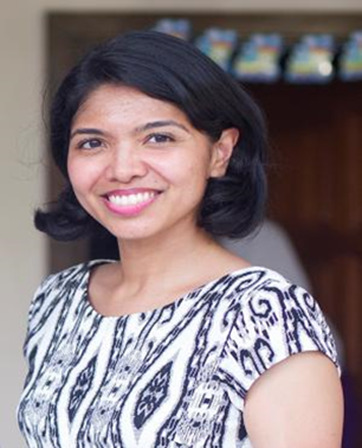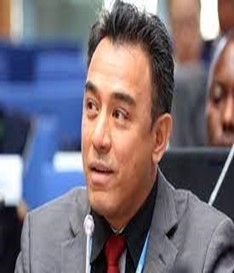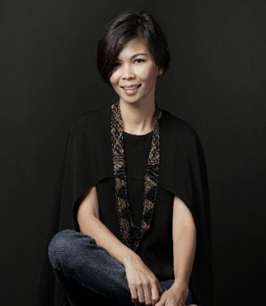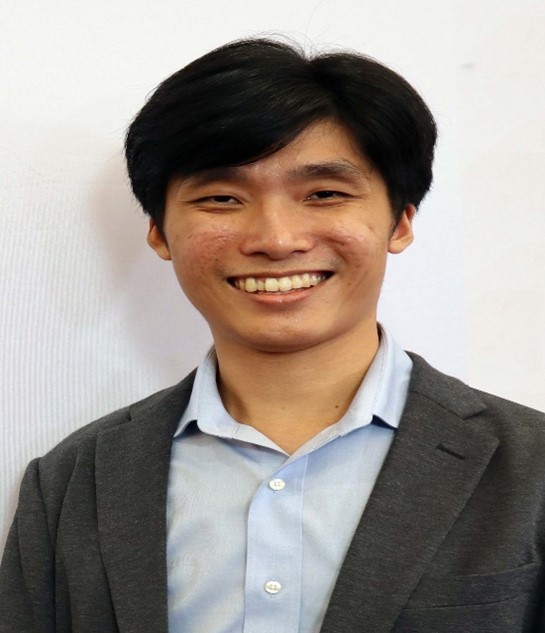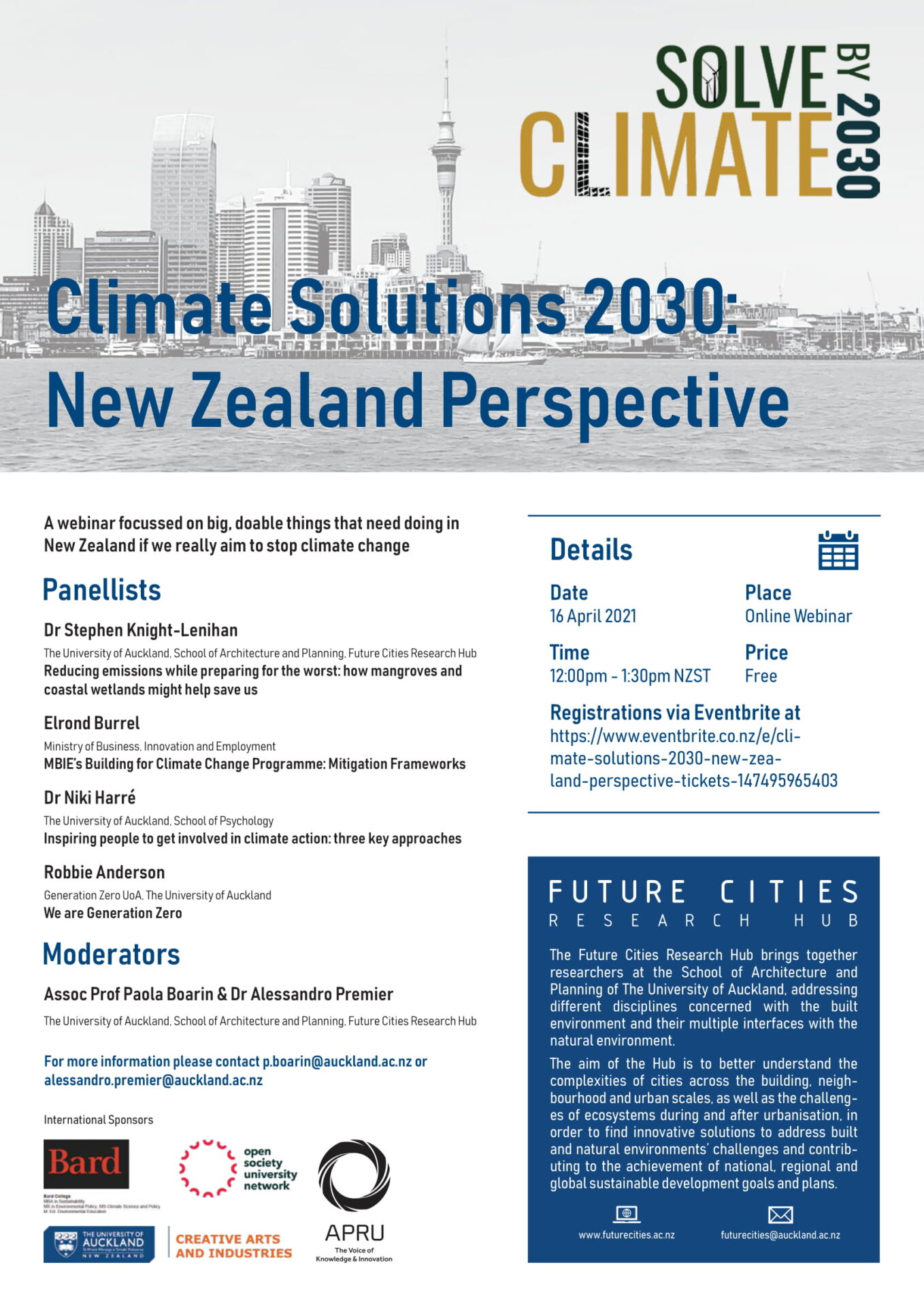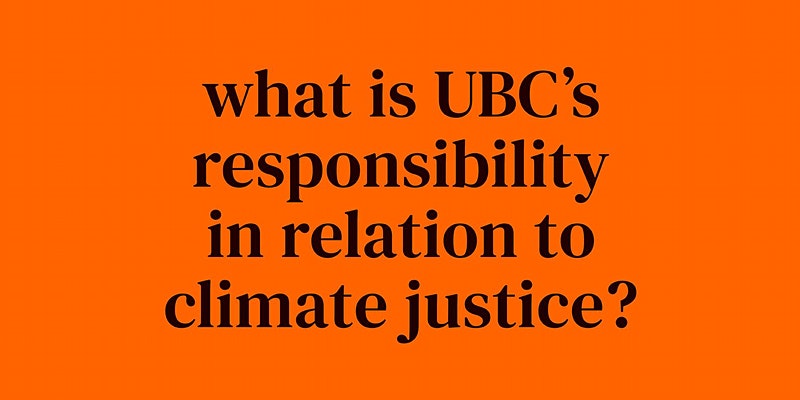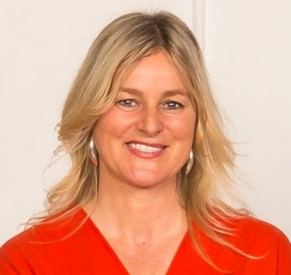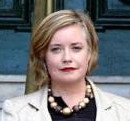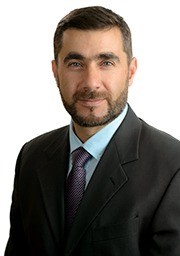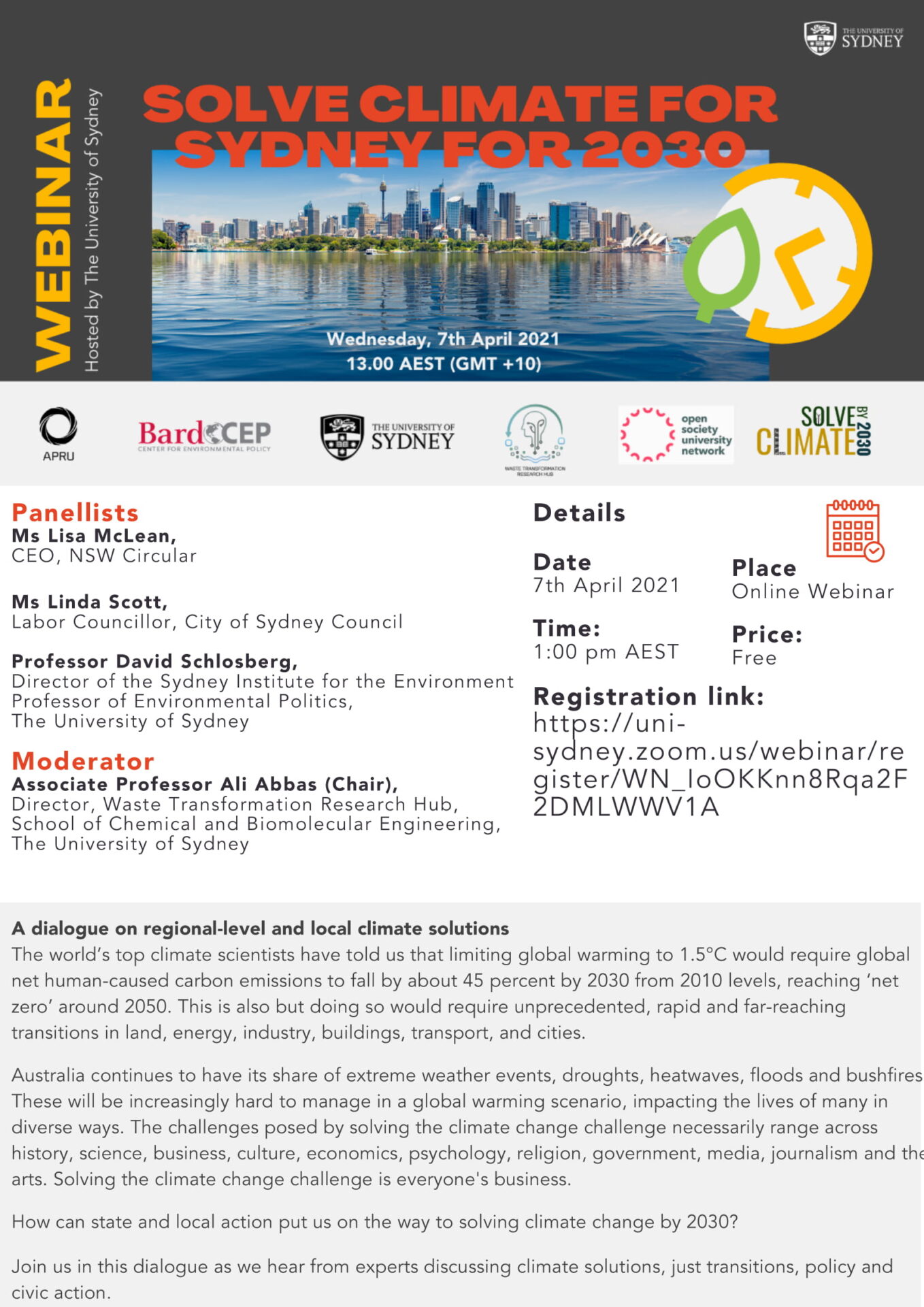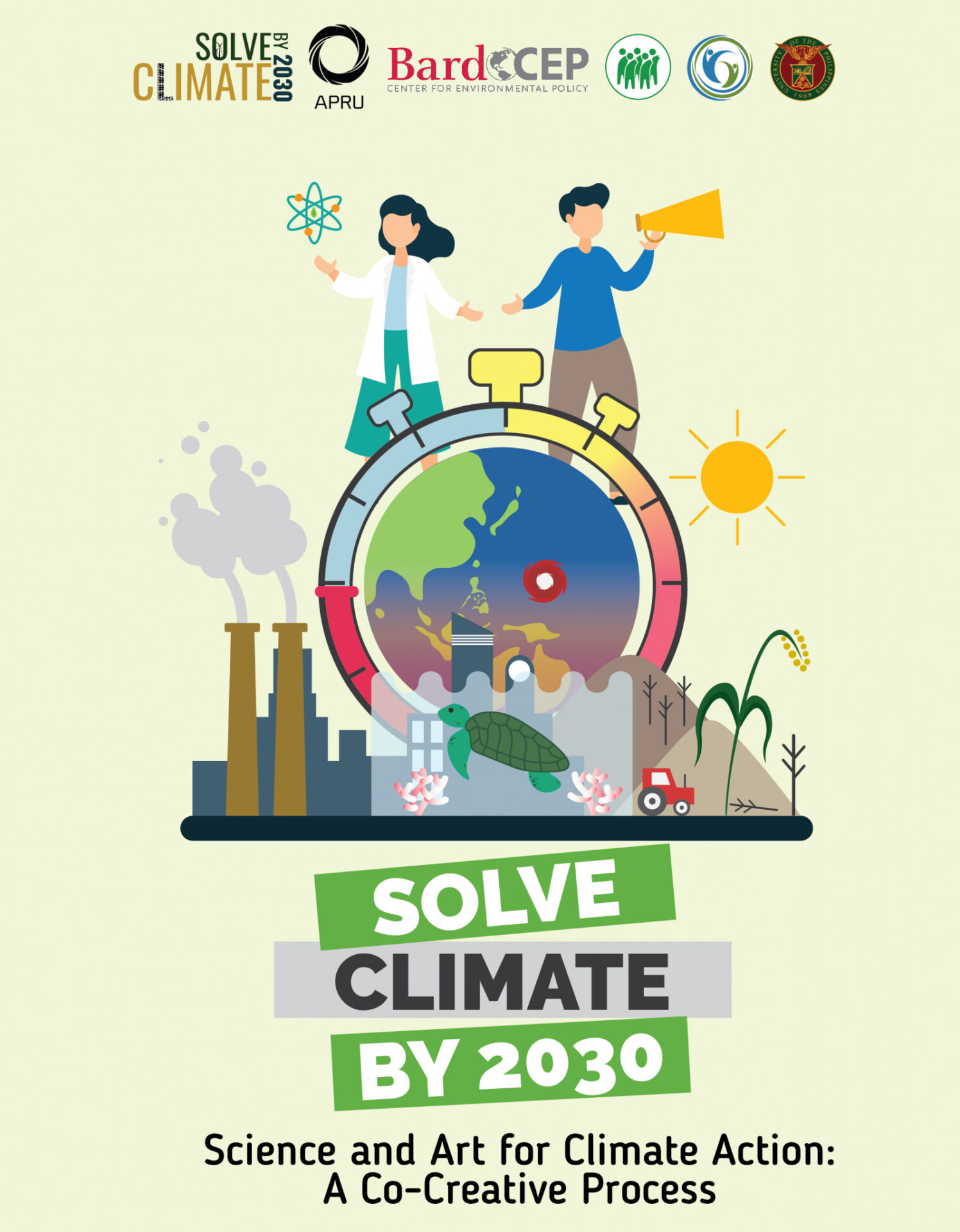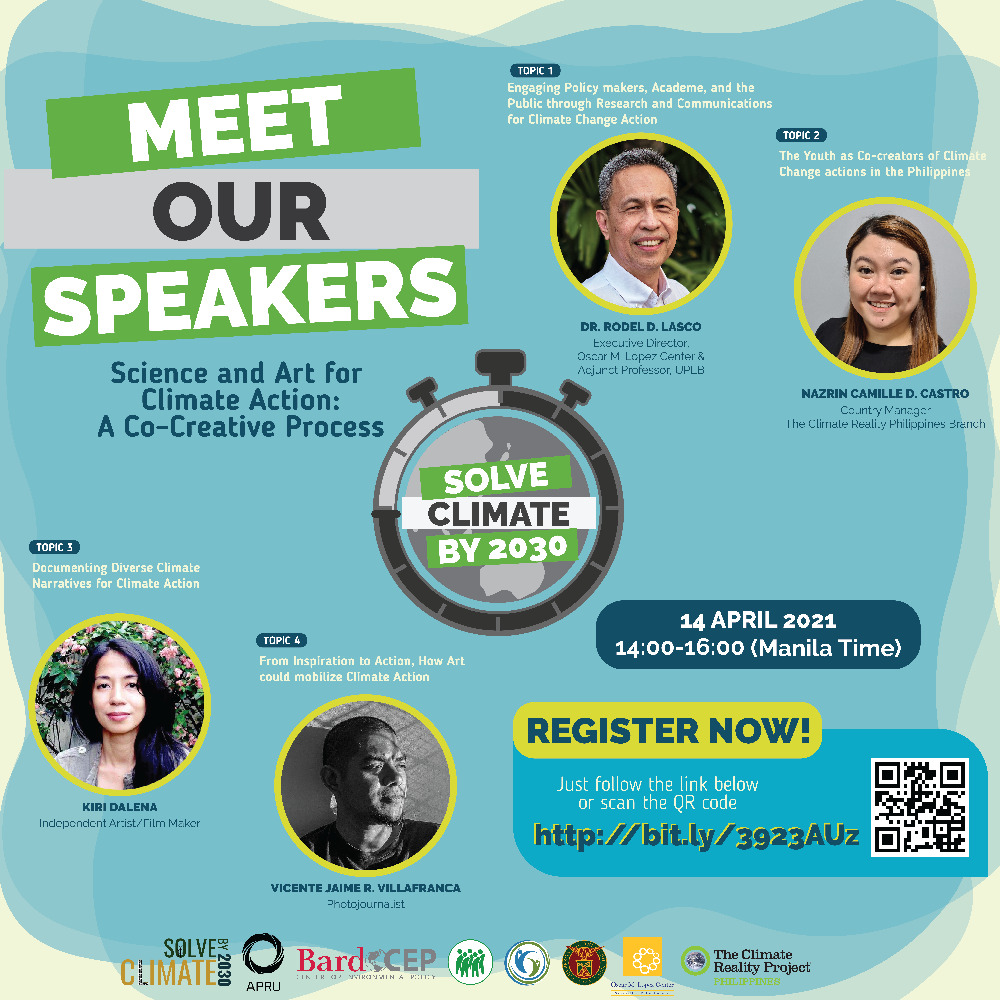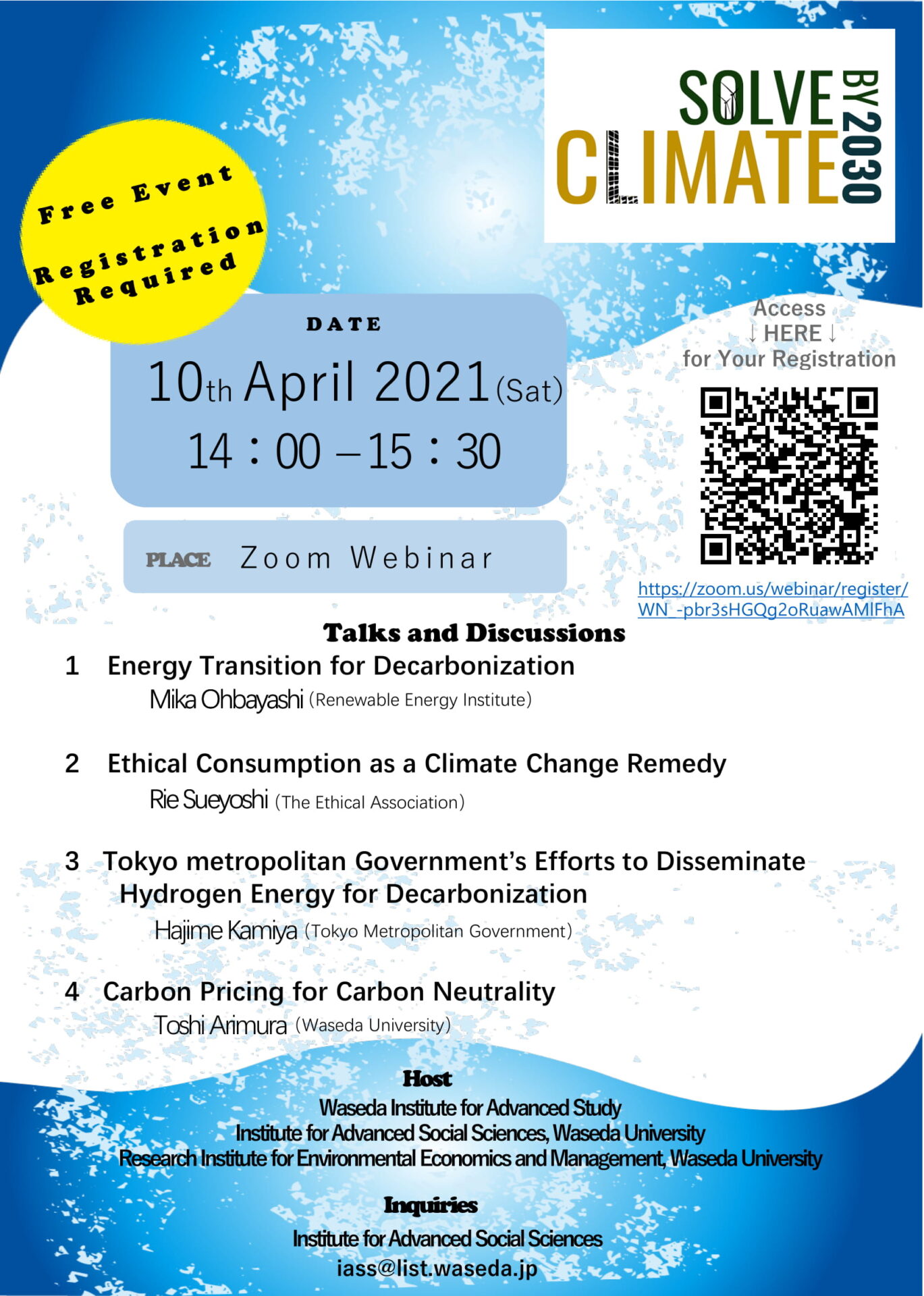
APRU universities are joining the effort with higher education institutions and high schools across the planet to offer 100 events in 50 countries to join in critical discussions to our collective future, how an ambitious Green Recovery action can put us on the way to solving climate change by 2030.
Climate-concerned university and high school faculty worldwide, and across disciplines, will assign these webinars as homework, using them as a springboard for discussing regional climate solutions, energy justice, and a Green Recovery. Attend the 2021 webinars and use them to #MakeClimateaClass.
300 interns from 25 countries have gathered in 2021 with a mission: to engage 100,000 students around the world in Global Dialogs and find a solution to the climate crisis by 2030.
From April 7th, more than 100 universities, educators, & individuals around the world will be attending an hour-long webinar focused on local solutions to #climatechange. Join one of the largest academic movements of 2021! Take the pledge and click the link to find out more! More info about Solve Climate by 2030
Webinars from The Chinese University of Hong Kong, Korea University – SCL, Korea University – SWM, National Taiwan University, National University of Singapore, Tecnológico de Monterrey, Universidad de Los Andes, Colombia, Universitas Indonesia, Universiti Malaya, The University of Auckland, The University of British Columbia, The University of Sydney, University of the Philippines, and Waseda University.
Webinars YouTube Playlist:

